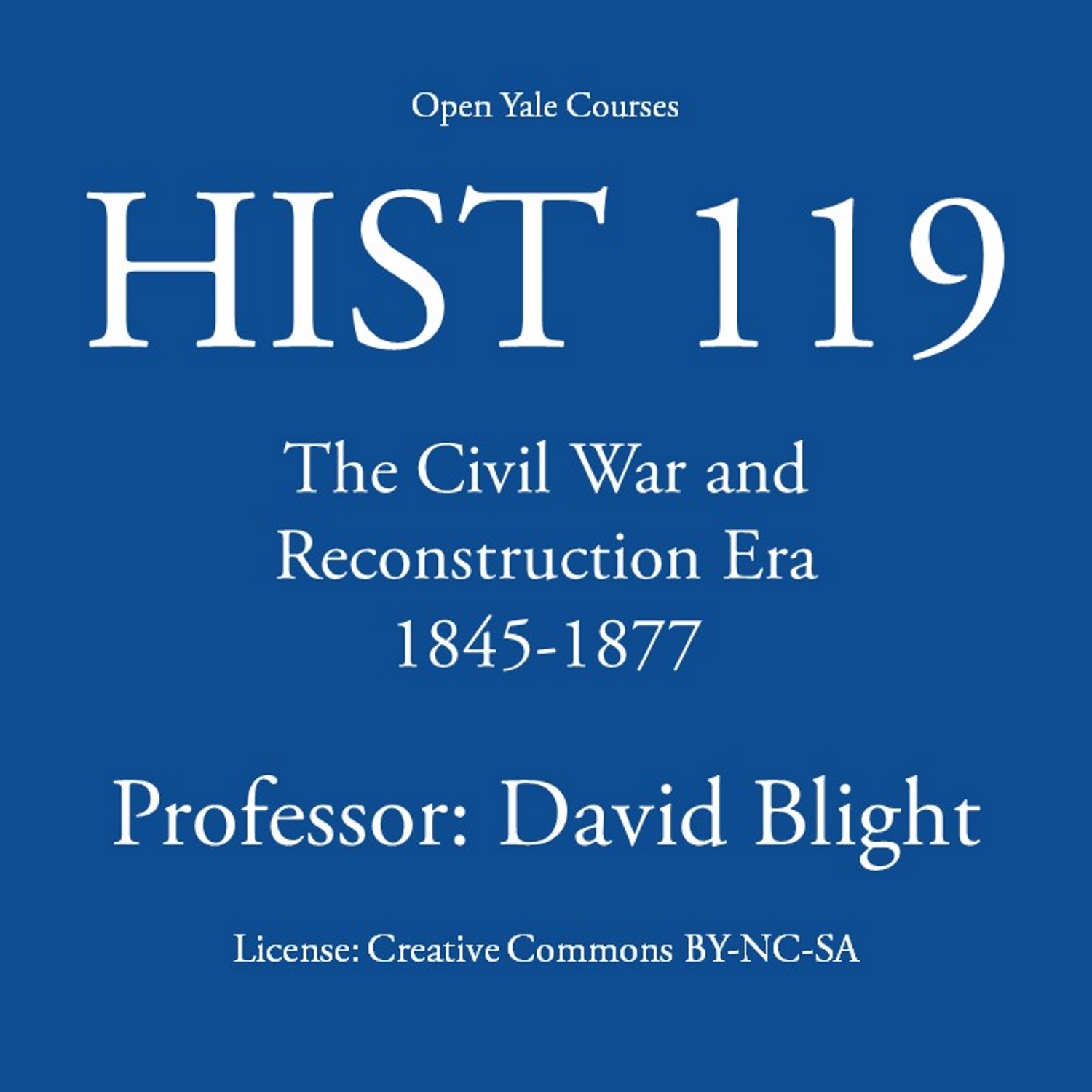Lecture 21 - Andrew Johnson and the Radicals: A Contest over the Meaning of Reconstruction
Description
In this lecture, Professor Blight begins his engagement with Reconstruction. Reconstruction, Blight suggests, might best be understood as an extended referendum on the meaning of the Civil War. Even before the war's end, various constituencies in the North attempted to control the shape of the post-war Reconstruction of the South. In late 1863, President Abraham Lincoln offered his lenient "Ten Percent Plan." Six months later, Congressional Republicans concerned by Lincoln's charity rallied behind the more radical provisions of the Wade-Davis Bill. Despite their struggle for control over Reconstruction, Congressional Radicals and President Lincoln managed to work together on two vital pieces of Reconstruction legislation in the first months of 1865--the 13th Amendment, which outlawed slavery in the United States, and the Freedmen's Bureau bill. Transcript Lecture Page
More Episodes
Professor Blight finishes his lecture series with a discussion of the legacies of the Civil War. Since the nineteenth century, Blight suggests, there have been three predominant strains of Civil War memory, which Blight defines as reconciliationist, white supremacist, and emancipationist. The war...
Published 08/25/17
Published 08/25/17
Having dealt with the role of violence and the Supreme Court in bringing about the end of Reconstruction in his last lecture, Professor Blight now turns to the role of national electoral politics, focusing in particular on the off-year Congressional election of 1874 and the Presidential election...
Published 08/25/17


